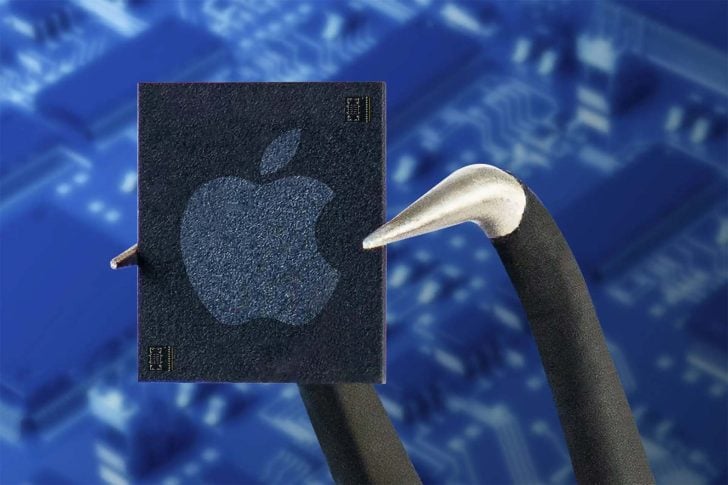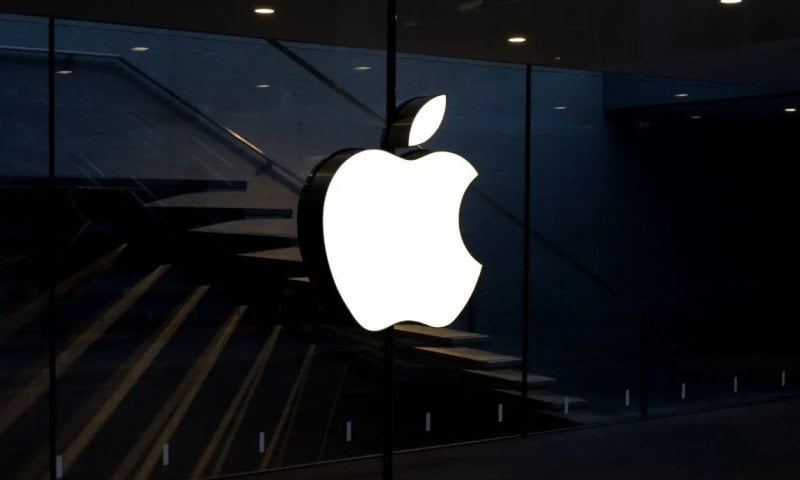Apple once again extends the deadline for the 5G modem: the agreement with Qualcomm has been extended until 2027 and an uphill path for internal production.
Apple's ambitious project to develop a 5G modem internally, started years ago with huge investments in research and development and the mobilization of thousands of engineers, is proving to be more complex than expected.
Previously, the Cupertino company had renewed the licensing agreement for i Qualcomm 5G modemplanning a three-year collaboration with the expected deadline in 2026.
However, during the Q1 2024 earnings call, Qualcomm CEO Cristiano Amon revealed aextension of the agreement until March 2027.
This extension suggests that Apple is facing significant obstacles in the internal development of its 5G modems, requiring an additional period of time to resolve the challenges encountered.
Longer than expected
Apple initially aimed to be free from the Qualcomm deal by fall 2023, bringing forward the natural expiration of the five-year contract in 2019 by a year.
The latest information revealing the extension of the agreement confirms Qualcomm as the sole supplier of Snapdragon 5G Modem-RF systems for Apple devices and is likely indicative of a further delay in the launch of the in-house modem.
Despite the absence of official comments from Apple on the latest update, the extension of the licensing agreement clearly highlights the company's challenges in trying to reduce its dependence on Qualcomm.
Unfortunately, the plan has encountered significant obstacles, such as performance issues and overheating in early versions of the custom modem.
Shady question
Apple would have started evaluating a 5G modem since at least 2018.
The following year, after Intel failed to make a product as efficient as Qualcomm's, Apple acquired Intel's entire smartphone modem division (along with over 17,000 patents) to develop it in-house.
This operation entailed a cost of approximately 1 billion dollars.
Even after acquiring the business from Intel, Apple continues to face huge obstacles that it cannot overcome, which is why it has repeatedly delayed the launch of its low-cost iPhone SE 4, as any Qualcomm chip would leave it little or no margin to capitalize.
In subsequent years, the project proved more complex than expected, due to “largely internal” obstacles encountered by the development teams, slowed by technical challenges and poor communication by managers with conflicting ideas.
Furthermore, the project started from a code, that of Intel, which has never produced satisfactory results.
However, it is unlikely that Apple will completely abandon development of its own modem.
We know that for Apple, directly controlling production without depending on other manufacturers is a fundamental aspect of the company strategy, already adopted with processors and which will also be replicated for modems.
#Apple #continue #Qualcomm39s #modems #wait #long #internal #chips

